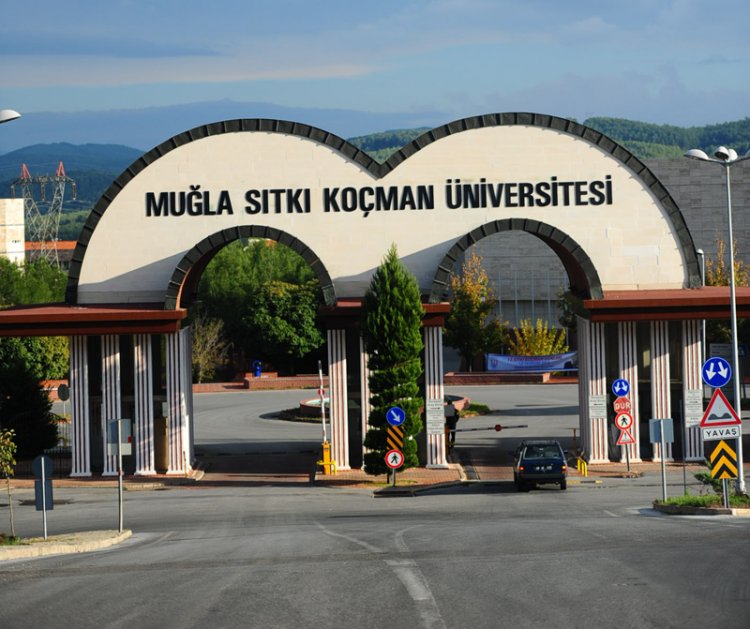Analysing daytime summer thermal comfort conditions for Turkey's third largest tourism destination
Analysing daytime summer thermal comfort conditions for Turkey's third largest tourism destination Çınar, İsmail; Karkakuş, Nihat; Toy, Süleyman Tourism is one of the most vulnerable sectors to climate change since outdoor leisure activities are only possible in appropriate climate conditions for them. Among several climate or weather-related factors effective on tourist satisfaction, the concept of outdoor thermal comfort conditions gains importance with climate change because it is the combined effect of all atmospheric conditions on human body. Therefore, tourism-climate indices to reflect the favourability of destinations begin to include this parameter as a component. Mediterranean basin harbours world famous summer and cultural tourism destinations among others and climate change is expected to impact the region which covers the third largest primary destination of Turkey. The aim of this study is to analyse human thermal comfort conditions in the southwest part of Turkey, world-famous summer tourism region using Physiologically Equivalent Temperature (PET) and Mean Radiant Temperature (Tmrt) values and Geographic Information System (GIS) as a tool to show their spatial distribution as a component of tourism climate indices. As the result of the study, the most influential factors on human thermal comfort conditions in the region are mean radiant temperature, moisture content, air movement and increasing dense urbanisation in 12 districts, where meteorological measurements were taken. As the result of the study, suggestions were proposed to reduce the effect of higher PET and Tmrt values on tourists in the study.

Analysing daytime summer thermal comfort conditions for Turkey's third largest tourism destination Çınar, İsmail; Karkakuş, Nihat; Toy, Süleyman Tourism is one of the most vulnerable sectors to climate change since outdoor leisure activities are only possible in appropriate climate conditions for them. Among several climate or weather-related factors effective on tourist satisfaction, the concept of outdoor thermal comfort conditions gains importance with climate change because it is the combined effect of all atmospheric conditions on human body. Therefore, tourism-climate indices to reflect the favourability of destinations begin to include this parameter as a component. Mediterranean basin harbours world famous summer and cultural tourism destinations among others and climate change is expected to impact the region which covers the third largest primary destination of Turkey. The aim of this study is to analyse human thermal comfort conditions in the southwest part of Turkey, world-famous summer tourism region using Physiologically Equivalent Temperature (PET) and Mean Radiant Temperature (Tmrt) values and Geographic Information System (GIS) as a tool to show their spatial distribution as a component of tourism climate indices. As the result of the study, the most influential factors on human thermal comfort conditions in the region are mean radiant temperature, moisture content, air movement and increasing dense urbanisation in 12 districts, where meteorological measurements were taken. As the result of the study, suggestions were proposed to reduce the effect of higher PET and Tmrt values on tourists in the study.

 Bilgi
Bilgi 














